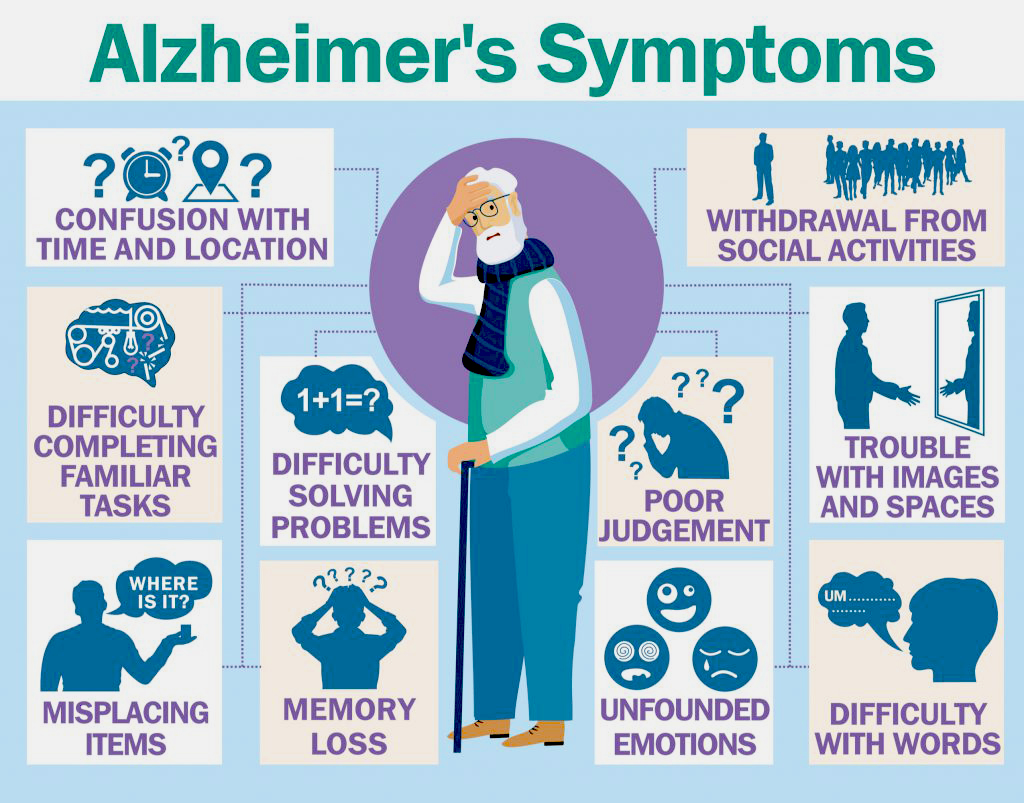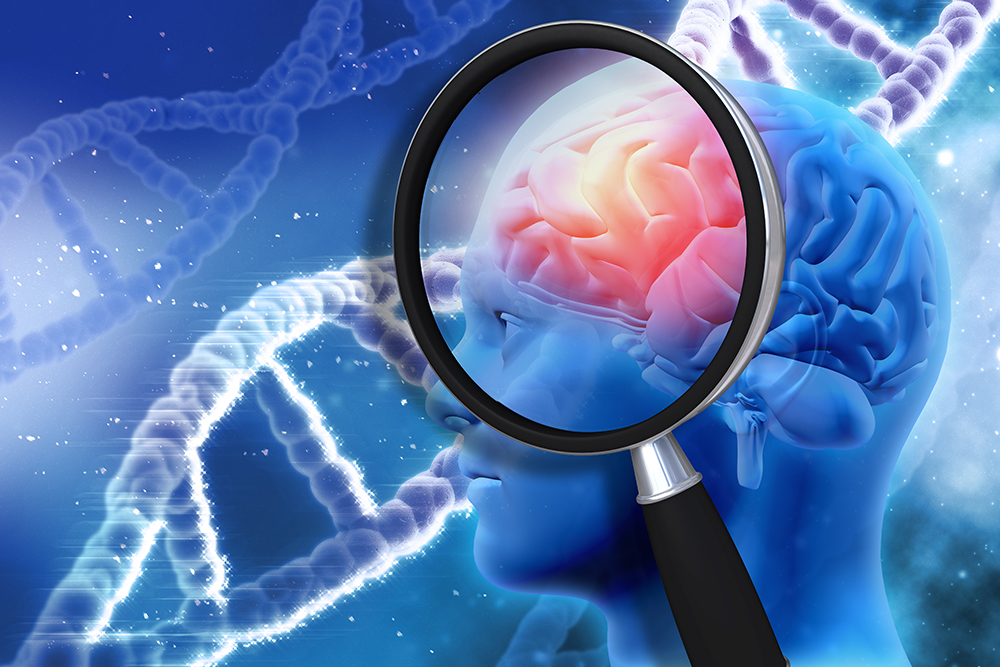
Alzheimer’s disease is an irreversible, progressive brain disorder that slowly destroys memory and thinking skills and, eventually, the ability to carry out the simplest tasks

New York. Ed Hosseinipour, Senior clinical Pharmacist, Alzheimer’s disease is an irreversible, progressive brain disorder that slowly destroys memory and thinking skills and, eventually, the ability to carry out the simplest tasks. In most people with the disease—those with the late-onset type—symptoms first appear in their mid-60s. Early-onset Alzheimer’s occurs between a person’s 30s and mid-60s and is very rare. Alzheimer’s disease is the most common cause of dementia among older adults. The disease is named after Dr. Alois Alzheimer’s. In 1906, Dr. Alzheimer noticed changes in the brain tissue of a woman who had died of an unusual mental illness. Symptoms included memory loss, language problems, and unpredictable behavior. After she died, he examined her brain and found many abnormal clumps (now called amyloid plaques) and tangled bundles of fibers (now called neurofibrillary, or tau, tangles).

These plaques and tangles in the brain are still considered some of the main features of Alzheimer’s disease. Another feature is the loss of connections between nerve cells (neurons) in the brain. Neurons transmit messages between different parts of the brain, and from the brain to muscles and organs in the body. Many other complex brain changes are thought to play a role in Alzheimer’s, too.
Signs and symptoms:
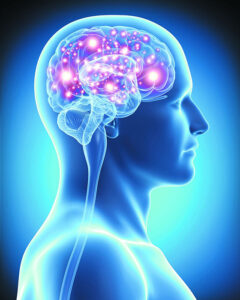
Early signs and symptoms of Alzheimer’s dementia include:
Memory impairment, such as difficulty remembering events
Difficulty concentrating, planning or problem-solving
Problems finishing daily tasks at home or at work
Confusion with location or passage of time
Having visual or space difficulties, such as not understanding distance in driving, getting lost or misplacing items
Language problems, such as word-finding problems or reduced vocabulary in speech or writing
Using poor judgment in decisions
Withdrawal from work events or social engagements
Changes in mood, such as depression or other behavior and personality changes
It’s true that if you have Alzheimer’s dementia or a related disease, doctors can’t offer a cure. But getting an early diagnosis can be beneficial. Knowing what you can do is just as important as knowing what you can’t do. If a person has another treatable condition that’s causing the cognitive impairment or somehow complicating the impairment, then doctors can start treatments
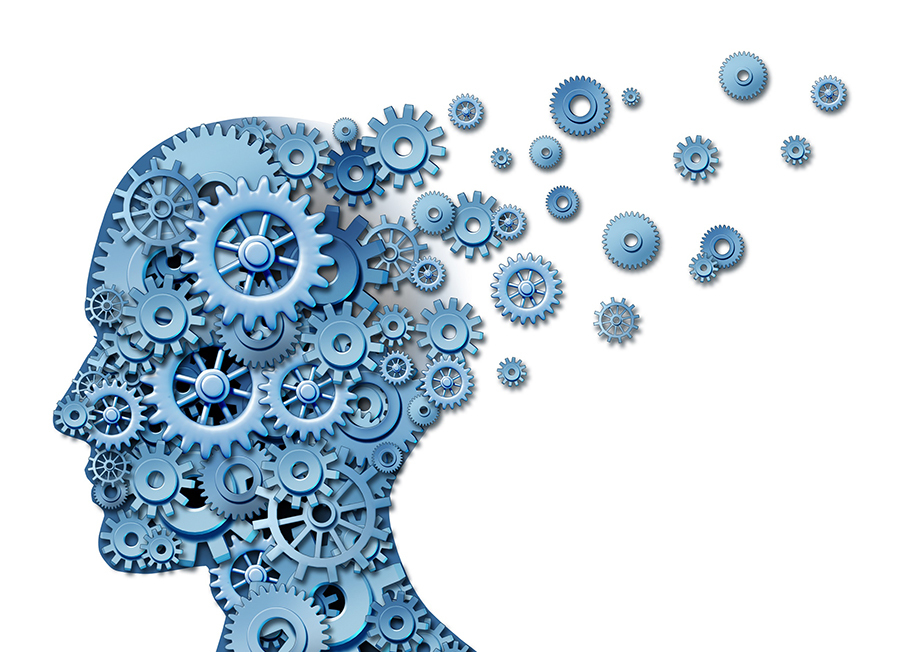
Diagnosis:
A number of conditions, including treatable conditions, can result in memory loss or other dementia symptoms. If you are concerned about your memory or other thinking skills, talk to your doctor for a thorough assessment and diagnosis.
If you are concerned about thinking skills you observe in a family member or friend, talk about your concerns and ask about going together to a doctor’s appointment
Your doctor may conduct mental status tests to test your thinking (cognitive) and memory skills. Doctors use the scores on these tests to evaluate your degree of cognitive impairment.
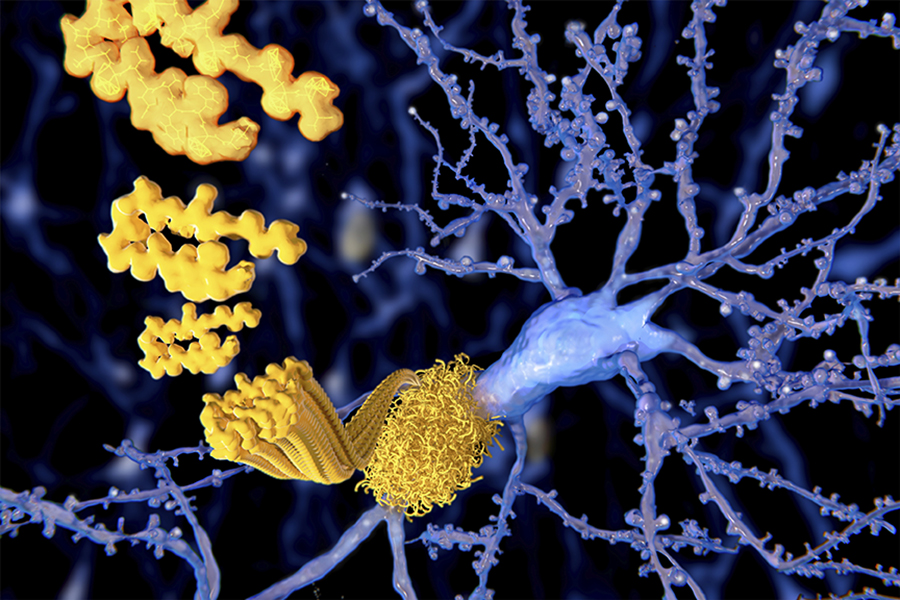
Neuropsychological tests.
You may be evaluated by a specialist trained in brain conditions and mental health conditions (neuropsychologist). The evaluation can include extensive tests to evaluate your memory and thinking (cognitive) skills.
These tests help doctors determine if you have dementia and if you’re able to safely conduct daily tasks such as driving and managing your finances. They provide as much information on what you can still do as well as what you may have lost. These tests can also evaluate if depression may be causing your symptoms.
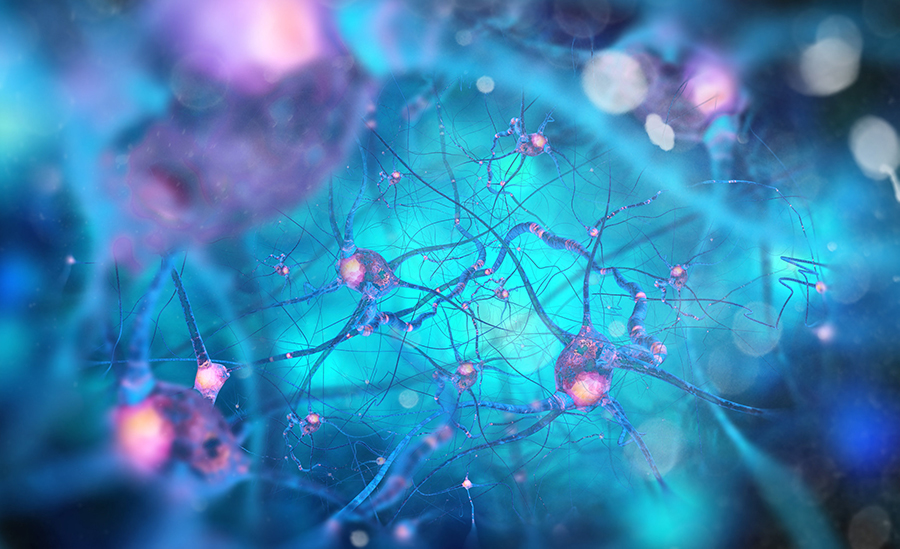
Brain-imaging tests
Alzheimer’s dementia results from the progressive loss (degeneration) of brain cells. This degeneration may show up in a variety of ways in brain scans.
However, these scans alone aren’t enough to make a diagnosis. Scans aren’t used to diagnose the condition because there is overlap in what doctors consider a normal age-related change in the brain and abnormal change.
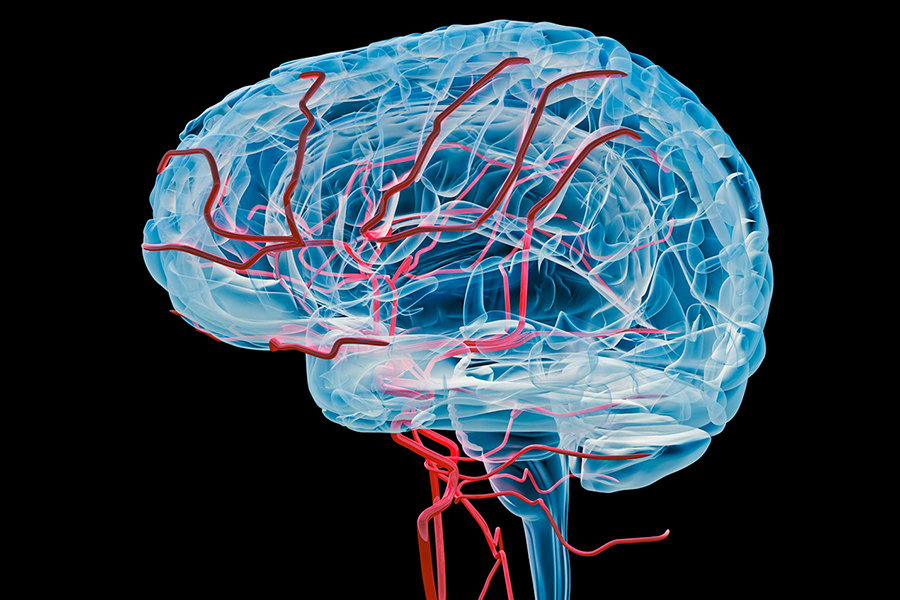
Treatment:
While there is no cure for Alzheimer’s disease or a way to stop or slow its progression, there are drug and non-drug options that may help treat symptoms. Understanding available options can help individuals living with the disease and their caregivers to cope with symptoms and improve quality of life.
Natural Treatment;
- Balance your blood sugar with a whole-foods, low-glycemic diet. Eat healthy fats that make your brain happy. These include omega 3 fats in wild fatty fish, as well as coconut oil, extra-virgin olive oil, avocados, whole eggs, nuts, and seeds.
- Exercise daily
- Supplement wisely. At the very least, take a multi-vitamin and mineral supplement, an omega 3 fat supplement, extra B6, B12, and folate, as well as vitamin D3. And, a good probiotic will enhance the brain-gut relationship. You can find all of these and other supplements in BARON SPECIALTY PHARMACY.
- Check your thyroid and sex hormone levels. If they are out of balance, you will want to treat them.
- Detox from mercury or other heavy metals,
- Control stress levels. Chronic stress takes a toll on your body and brain. Relaxation isn’t a luxury
- Get 8 hours of sleep every night.

Many important skills are preserved for longer periods even while symptoms worsen. Preserved skills may include reading or listening to books, telling stories and reminiscing, singing, listening to music, dancing, drawing, or doing crafts. These skills may be preserved longer because they are controlled by parts of the brain affected later in the course of the disease.[ENG]
Chemical Treatment
The most popular medications used are
- Donepezil (Aricept) is approved to treat all stages of the disease.
- Galantamine (Razadyne) is approved to treat mild to moderate Alzheimer’s. …
- Rivastigmine (Exelon) is approved for mild to moderate Alzheimer’s disease.
- Memantine (Namenda) It works by decreasing abnormal activity in the brain
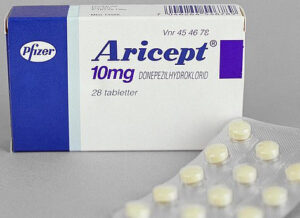
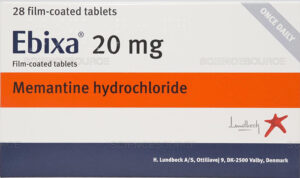
BARON SPECIALTY PHARMACY handles all related medication. Please feel free to consult with one of our professional clinical Pharmacists at BARON SPECIALTY PHARMACY.
